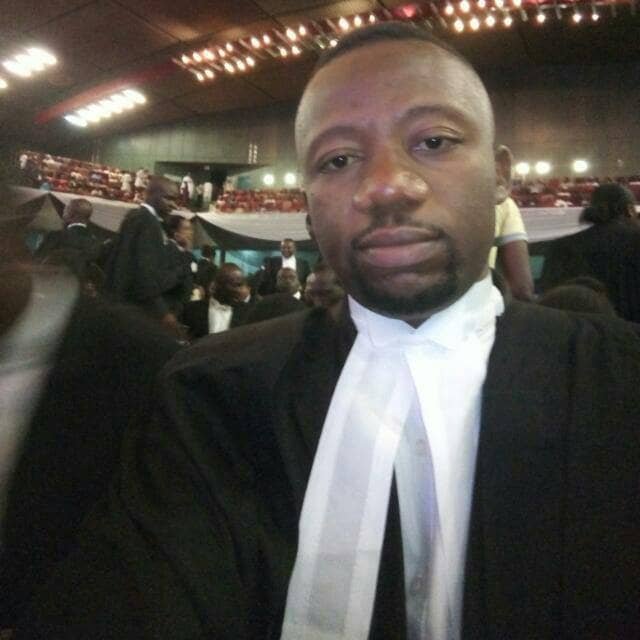By Henry Efe Okusuwha Esq
Who is a Senior Advocate?
Does the most Brilliant Lawyer Become the NBA President?
Must the Legal Practice Maintain the Orthodox Style?
The legal Practice, like most fields, needs innovation. Legal Practice needs this innovation if not for itself, but for other fields as the legal profession does not work in isolation. For instance, the invention of computer has brought a lot of change to the world. It is not surprising that in Nigeria, it was only in 2011 that computer generated evidence was introduced into our Evidence Act. This is due to our slow pace at accepting changes.
A major issue that calls for concern in this work is whether or not the criteria of conferring a lawyer with the rank of Senior Advocate of Nigeria (SAN) is not obsolete and calls for modification/change. S. 5 of the Legal Practitioner’s Act constituted and empowered the Legal Practitioner’s Privilege Committee (LPPC) to provide for the criteria to be met by a Legal Practitioner before he/she can be conferred with the prestigious rank of a SAN.
The criteria of becoming a SAN which was enacted by the LPPC as contained in paragraph 14 of the Guidelines for the Conferment of the Rank of SAN 2018 is as follows;
(1) Every Applicant will be required to provide particulars of contested cases which he considers to be of particular significant to the evaluation of his competence in legal Practice and contribution to the development of the law. The Applicant shall attach a certified true copy of all the judgment referred to in his application……
(5) An Applicant shall provide particulars of cases as follows:
(a) 20 final judgements of High Court or superior court of records provided that in respect of such cases conducted at the High Court or superior court of records an applicant shall provide certified true copies of complete record of trial proceedings and Processes signed and filed by the Applicant….
and a soft copy in at least twelve contested cases from trial stage to judgement, showing that the Applicant shall provide letters of instruction from the client(s) as well as a letter from the Head of court or judge that delivered the judgement, confirming/verifying the Applicant as counsel that conducted the case from trial stage to judgment.
(b) 5 final judgements of the court of Appeal supported by brief along with valid notices of Appeal duly settled and argued by the Applicant; however, where it is manifest that the Applicant himself has conducted the case from High Court up to the Supreme Court, he will be required to submit 3 final judgements of the Supreme Court supported by Appellant/Respondent briefs along with valid notice of Appeal duly settled at appellate Courts and argued at the three tiers of courts;……
Considering the criteria above, while looking at the issue of arbitration. If a lawyer is to encourage arbitration, how can he become a SAN? When even his contemporary in the Academic field can make SAN without even seeing the four walls of the court room.
Another interesting angle is exportation of our legal services. Most times in international jurisprudence, the major success is either in documentation and/or arbitration as litigation (which we are also trying to discourage) is not encouraged most of the time. Only few Legal Practitioners and law firms have been able to beat all odds, to successfully export our legal services due to the fact that they have been able to accept and encourage this new manner and style of law Practice. Are these lawyers not (among) the most brilliant set of lawyers as it stands?
Henry Efe Okusuwha Esq writes from Abuja and may be reached via hthienry@gmail.com



